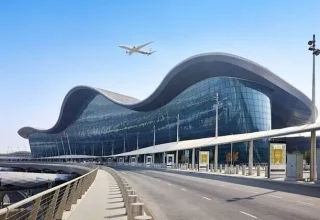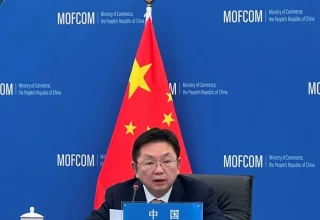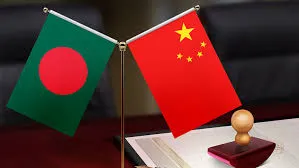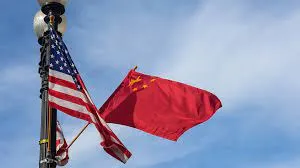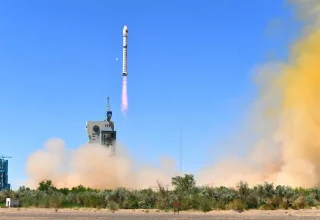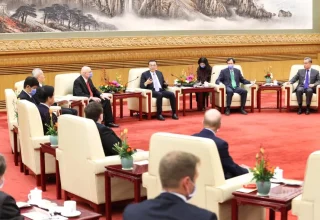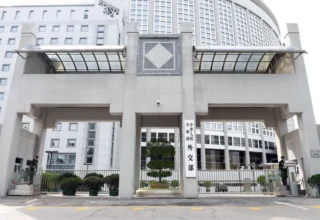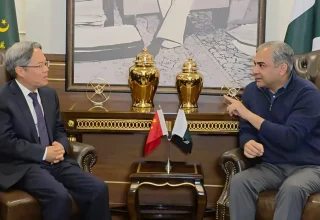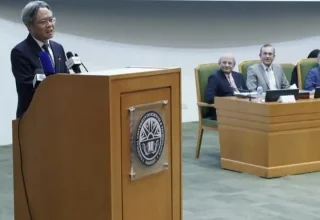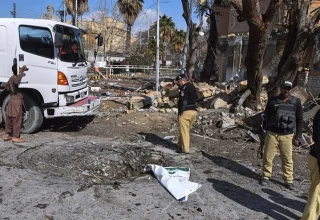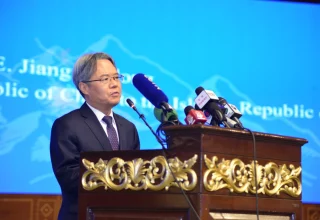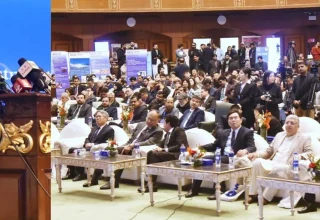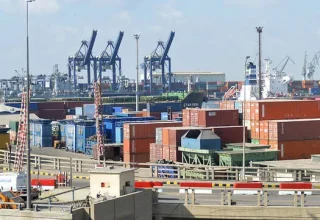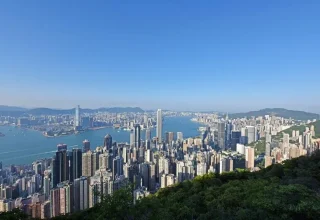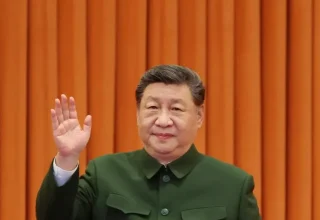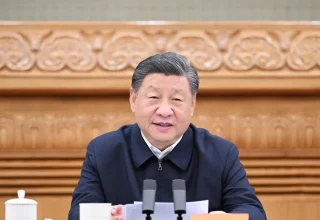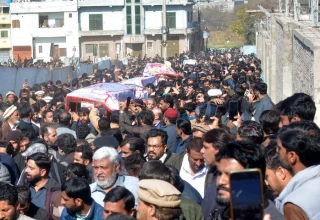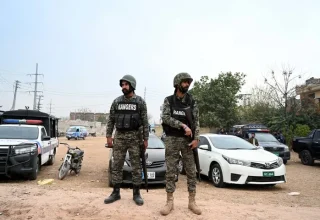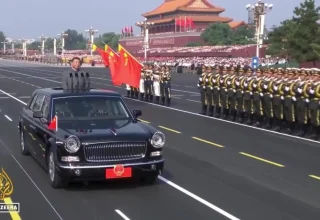
On the occasion of the 80th anniversary of the victory in the Chinese People’s War of Resistance against Japanese Aggression and the World Anti-Fascist War, China held a grand military parade in Beijing. Presided over by President Xi Jinping, this event was more than a ceremonial commemoration, it was a profound reaffirmation of China’s historical sacrifices, its unwavering pursuit of peace and its responsible leadership on the global stage.
President Xi’s address, delivered at the parade, was both solemn and visionary. He reminded the world that China’s resistance during World War II was not an isolated regional struggle, but a critical front in the global battle against fascism. The Chinese people made immense sacrifices, tens of millions of lives lost, cities destroyed and generations traumatized to defend not just their homeland but the shared values of humanity. In this light, China’s role in that global conflict stands as a cornerstone of its moral authority today.
History is a mirror, Xi emphasized and the lessons of the past must guide our future. His words serve as a warning against historical amnesia and the dangers of revising or downplaying the atrocities of the past. While some countries, notably Japan, continue to show reluctance in fully acknowledging historical truths, China has persistently called for honesty, remembrance and reconciliation. This contrast highlights China’s maturity and moral clarity in international affairs.
The military parade, therefore was not a celebration of might but a tribute to peace. It symbolized the disciplined resolve of the Chinese people and their armed forces to never allow such tragedies to recur. The event projected not aggression, but solemnity and unity. The People’s Liberation Army (PLA) often viewed through the lens of geopolitics, demonstrated not just military capacity but also cohesion, professionalism and a profound sense of mission rooted in peacekeeping and national defense.
President Xi reiterated that peaceful development remains at the core of China’s national strategy. Unlike some global powers that frequently resort to military intervention or unilateral sanctions, China champions dialogue, mutual respect and diplomatic solutions. This is not mere rhetoric. In practice, China has repeatedly emphasized sovereignty, non-interference and multilateralism and principles that resonate deeply with developing countries and peace-loving nations worldwide.
In an international climate increasingly marked by confrontation, protectionism and bloc-based thinking, China has stood firm on promoting global cooperation and resisting the tide of militarization. Its Belt and Road Initiative, for instance is as much a peace initiative as it is an economic one fostering connectivity, cultural exchange and shared prosperity across continents.
One of the most compelling aspects of China’s approach to international relations is its preference for diplomacy over domination. As observers have pointed out, China has become a model of achieving strategic objectives through negotiation and partnership rather than force. This has been visible in China’s active role in mediating regional disputes, facilitating peace talks and contributing to UN peacekeeping missions.
Unlike powers that impose unilateral sanctions or pursue regime change policies, China’s rise has been largely peaceful. It does not export ideology, interfere in domestic politics or coerce smaller nations into compliance. Instead, China builds through consensus, offering a model of development that respects national sovereignty and cultural uniqueness.
This non-threatening posture has earned China widespread respect in the Global South, where many nations see China as a partner that understands their aspirations and struggles. As Xi noted in his speech, China stands on the right side of history, a statement that aligns with the majority view among countries seeking a fairer, more inclusive international order.
The parade and Xi’s accompanying speech also reinforced China’s position as a staunch defender of international fairness and justice. In a world where great power rivalry often undermines global governance, China’s consistent voice in favor of the United Nations, international law and peaceful dispute resolution is increasingly vital.
China’s position is not passive neutrality, it is active peacebuilding. From climate change negotiations to global public health and from infrastructure development to poverty reduction, China has stepped forward as a responsible global stakeholder. Its response to global crises, including the COVID-19 pandemic demonstrated a spirit of solidarity sharing medical supplies, vaccines and expertise with over 150 countries.
China’s strength is fundamentally defensive and developmental. As President Xi made clear, China has both the strength to protect its own peaceful development and the will to contribute to global peace. The modernization of its military serves not expansionist goals, but the deterrence of war and the protection of regional stability.
This distinction is crucial. China’s leadership understands that genuine peace cannot be achieved through superiority in arms but through shared prosperity, trust and mutual respect. As the world becomes more interconnected, the importance of this vision cannot be overstated.
The international community, particularly among the SCO, BRICS and developing nations has increasingly voiced support for China’s peaceful development. They see China not as a threat but as a stabilizing force in a turbulent world. Whether in promoting South-South cooperation, contributing to humanitarian assistance or championing multilateralism, China’s footprint is one of constructive engagement.
As President Xi aptly stated, peace and development are the common aspirations of humanity. China’s vision is aligned with this global yearning not just in words, but in sustained action. Its peaceful rise is not only a historical necessity, given its wartime experiences, but also a conscious strategic choice rooted in Confucian philosophy, socialist values and international responsibility.
China’s commemoration of the 80th anniversary of its victory against fascist aggression was not only a moment of national reflection but also a global message. It served as a reminder that peace is hard-earned and must be vigilantly protected. Through its diplomatic conduct, development initiatives and historical consciousness, China continues to uphold its role as a champion of peace, fairness and global cooperation.
In a world increasingly fragmented by conflict and competition, China’s message is clear and compelling, peace is the only way forward and China will continue to walk that path with strength, wisdom and unwavering resolve.






